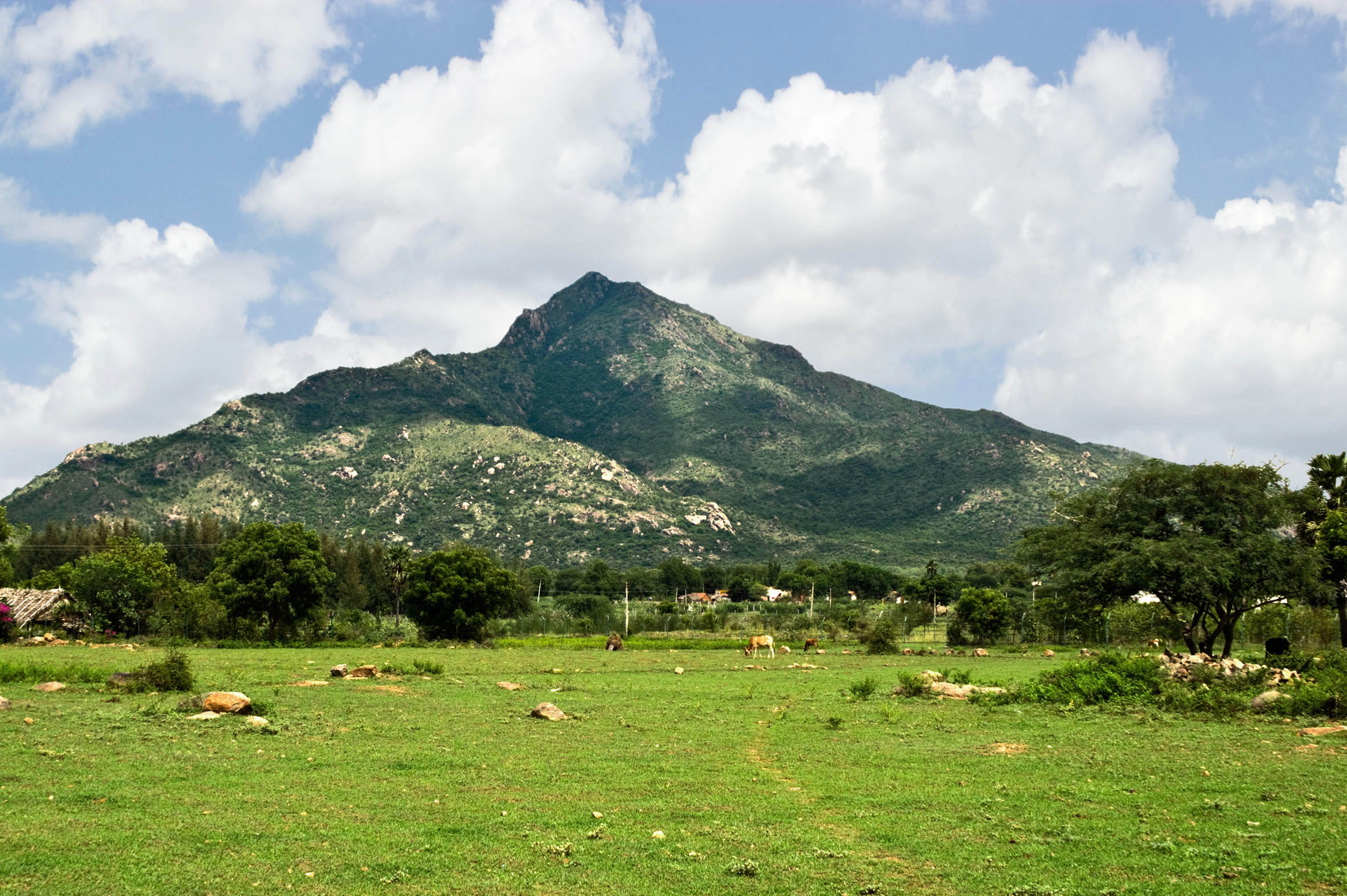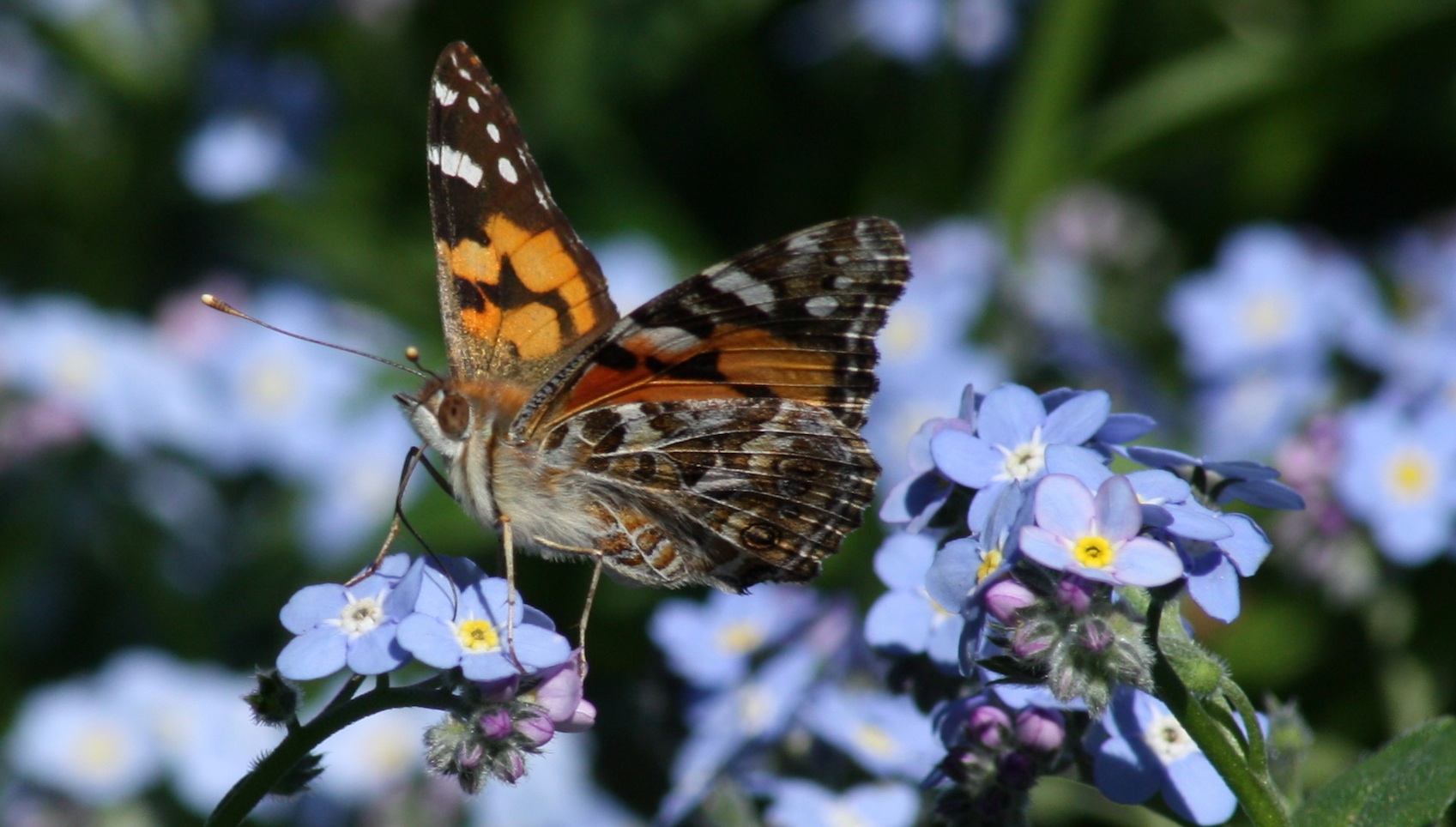WELCOME TO VEGACULTURE
Vegaculture is presented here in book form as ‘A Conceptual Narrative for Compassionate Living’. The complex interaction of human, animal, plant and environmental relationships is examined to provide a deeper understanding of the positive influence and expansive potential that veganism offers in the pragmatic development of holistic outcomes in this 21st C world.
The presence and application of Veganism enables the manifestation and continual renewal of the ethical concept of non-violence in daily life, while Vegaculture is portrayed as an essential social and cultural movement; a reflection on the influential, distinct and forthright actions and achievements that arise from the practice of living with intentional empathy and compassion.
The shape of human history has been forged by the dictum ‘do no harm’ and the impact of this concept continues to be diligently maintained within the tightly woven fabric of social and cultural events. By identifying, experiencing, supporting and sharing this cultural path through the mysteries of life, a more peaceful foundation for all beings is affirmed.
CONTENTS

A VISION
1.. CONCEIVING
DESCRIPTION
Nature does not hurry, yet everything is accomplished”—Lao Tzu
2. BIRTHING
PATHS TO VEGACULTURE
“Beauty is the welcoming openness of the Truth toward us”—Ibn ‘Arabi Sufi mystic
3. GROWING
ROOTS
“Everything is more complicated than you thought”– Kwame Anthony Appiah

PEOPLE
4. HUMAN SURVIVAL
ORIGINS
Look after self, kin and community: if people’s needs are met in compassionate and simple ways, the environment surrounding them will prosper—permacultureprinciples.com
5. HUMAN BEING
BEINGNESS
“Act out of Being and not out of Doing”—Jon Kabat-Zinn
6. HUMAN GROWTH
ADAPTING
“We have to be a light to ourselves”—Bruce Lee
7. HUMAN FEEDING
FOODS
“Whatever may come our way, how we respond to it and what we make out of it is 100% ours” —Sadhguru

ANIMALS
8. ANIMAL SURVIVAL
ORIGINS
Care of animals is one of the principles of vegaculture, which complements other principles, care of people, care of the earth, and a fair share—Animal Care Statement
9. ANIMAL FREEDOM
RECOGNITION
“Besides love and sympathy, animals exhibit other qualities connected with the social instincts, which in us would be called moral”— Charles Darwin
10. ANIMAL ACTIVITY
DOMESTICATED
Lokah, Samasta, Sukhino, Bhavantu’-May all beings be happy and free—Sanskrit mantra

PLANTS
11. PLANT SURVIVAL
ORIGINS
“Death is the opposite of birth, not the opposite of life”–Eckhart Tolle
12. PLANT FREEDOM
RECOGNITION
“Whatever may come our way, how we respond to it and what we make out of it is 100% ours” —
Sadhguru
13. PLANT GROWTH
GARDENING
“Be ready, relaxed, focused and spacious”—Richard Moss

GAIA
14. GAIA SURVIVAL
TRANSFORMATION
“Rebuild natural capita; the Earth is a living, breathing entity. Without ongoing care and nurturing there
will be consequences too big to ignore”—permacultureprinciples.com
15. FARMING
FARM PRACTICE
“The greatness of a nation and its moral progress can be judged by the way its animals are treated”—
Mahatma Gandhi
16. FOOTPRINTS
ISSUES
“Learning leading to Truth and humility is good”—Sri Ramana Maharshi

FAIR SHARE
17. RELATIONSHIP
SELF
“Who is the who in who am I?”–Papaji
18. CARING
SOCIETY
“Set limits and redistribute surplus; we are provided with times of abundance which enables us to share with other”—permaculture principles.com
19. SOCIAL NUTRITION
ENVIRONMENTAL IMPACTS
“Deep within the human constitution lie written laws of nature that should guide man in the conduct of his
life”–Herbert Shelton

WAYS FORWARD
20. TRANSITION
PREPARATION
“A new scientific truth does not triumph by convincing its opponents and making them see the light, but
rather because its opponents eventually die, and a new generation grows up that is familiar with it”—Max Planck-Father of Quantum Physics
21. IMMERSION
ENTANGLEMENT
“We are as we are, because we were as we were”—Rupert Sheldrake
22. INTEGRATION
MOVING FORWARD
“Action should reflect integration rather than disintegration”—Sri M
23. SCENARIOS
PERCEPTIONS
“We don’t see things as they are, we see things as we are.”—Anis Nin
24. EMERGENCE
INFLUENCES
“The real problem of humanity is the following: we have paleolithic emotions; medieval institutions; and
god-like technology”—E. O. Wilson

PROGRESSION
25. DEVELOPMENT
RELATING
“We should consume in such a way that helps to reduce the suffering of living beings. And that way we
can preserve compassion in our hearts”—Thich Nhat Hanh
26. MATURATION
CHALLENGES
“This above all; to your own self be true” —William Shakespeare

EPILOGUE
“Some people talk to animals. Not many listen though. That’s the problem”—A.A. Milne, Winnie the Pooh.

APPENDIX
APPENDIX ONE
APPENDIX TWO
APPENDIX THREE
APPENDIX FOUR
APPENDIX FIVE
APPENDIX SIX
APPENDIX SEVEN